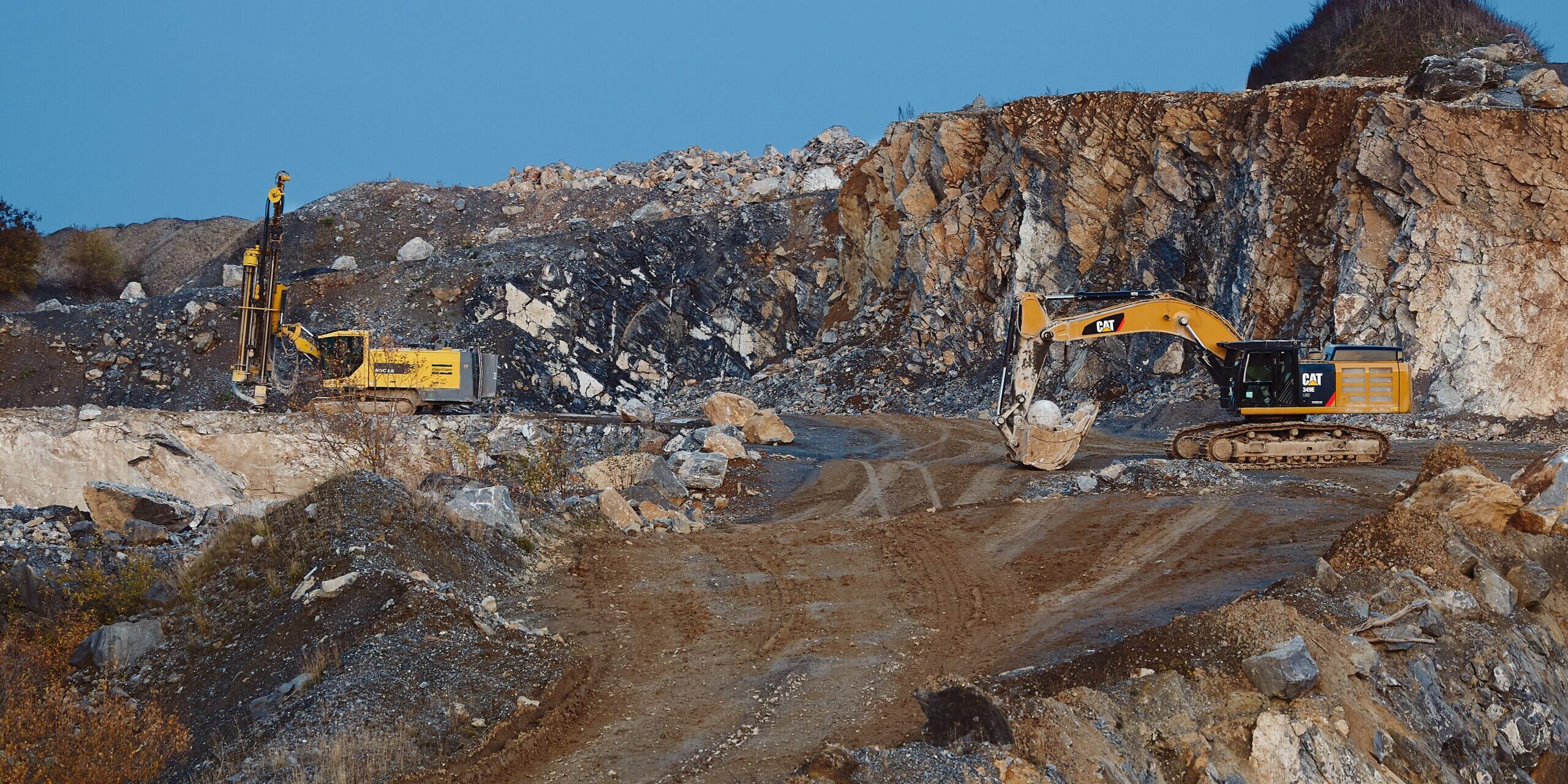Bulgaria’s National strategy for development of the mining industry was adopted in 2015 and identifies the country’s great potential to be a regional leader in the mining sector. However, before this can happen, the Strategy must be revised to take new sustainability standards, market factors, and environmental stressors into account.
Daniel Popov, National coordinator Bulgaria, EA Za Zemiata | 11 May 2020

Photo by Ingo Doerrie on Unsplash
The electronic device industry has changed the way the world works. Yet it relies on huge quantities of metals like copper, gold, silver, and other rare-earth elements for its products. The very basis of the ICT supply chain, the primary extraction of these raw materials, has been found to have significant negative environmental and social impacts.
Biodiversity degradation, landscape destruction, toxic pollution, indigenous land grabbing, labour issues and massive health problems are permanently associated with the impacts of the mining and smelting of metals. Furthermore, the extraction and production of these mineral resources requires a lot of energy and often transportation over tens of thousands of kilometres.
These persistent issues highlight the need for the continuous strengthening of the environmental and social obligations related to metal mining in national and global regulations, strategies and policies, as well as those of economic and financial mechanisms. This includes putting stricter rules for public procurement in place and encouraging changes to consumer behaviour through increased public awareness.
Currently, the Balkans are receiving massive investment interest from local and international metal mining companies. Thousands of exploration concessions have been granted, new mines are opening and existing ones are expanding their production.
Bulgaria is one country experiencing rapid growth in the mining industry. We looked at the Bulgarian Mining Strategy in order to analyse the existing problems in the mining sector and the government’s approach to them. Although Bulgaria is just one country, most of the issues identified are relevant to the entire Balkan region, due to similarities in the geological context, the level of social and institutional development and the legacy of the mining sector inherited from the past decades of state management.
Although Bulgaria is a member of the EU and its strategic documents should be in line with the relevant EU policies and legislation, our research concludes that the Bulgarian Mining Strategy does not properly consider these. The Strategy should be adapted to reflect the economic and environmental goals and standards defined in the UN Sustainable Development Goals (2015), Paris Agreement (2016), EU Green Deal (2019), EU Industrial Strategy (2020), EU Circular Economy Action Plan (2020) and EBRD Extractive Mining Industry Strategy (2017) and EBRD Environmental and Social Policy (2019).
In particular, important issues such as the pollution legacy of metal mining, public opposition to mining projects, the implementation of labour standards, and the import and export of toxic materials are not addressed by the Strategy.
After the adoption of the Strategy in 2015, deficiencies in the related national legislation led to infringement procedures launched against Bulgaria regarding possible breaches of leading EU legislation in the mining sector: the Mining Waste Directive and Environmental Impact Assessment Directive. This serves to highlight that the EU has long been aware of the issues our research identifies, and yet nothing has changed. At the same time, according to the Ministry of Energy’s response to a recent access to information request, the Minister of Energy has not issued biannual reports and action plans as required by the Strategy!
We call for a revision of the Strategy to reflect the aforementioned strategic demands and tackle the problems with clear goals, measures and action plans. In this way, the Strategy can ensure the Bulgarian mining sector becomes more sustainable and resilient to crisis, as well as a valuable part of the European circular economy.
Never miss an update
We expose the risks of international public finance and bring critical updates from the ground – straight to your inbox.
